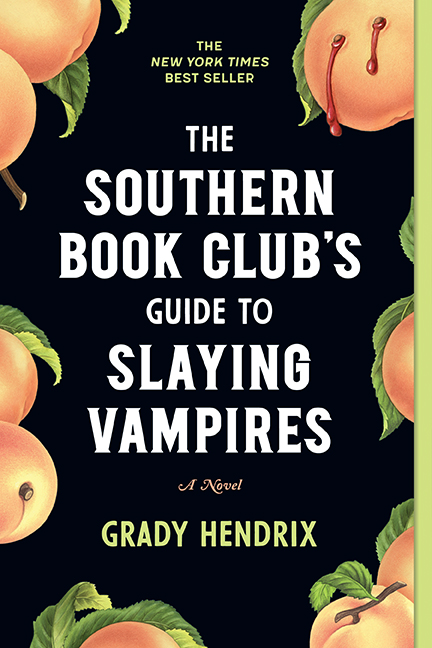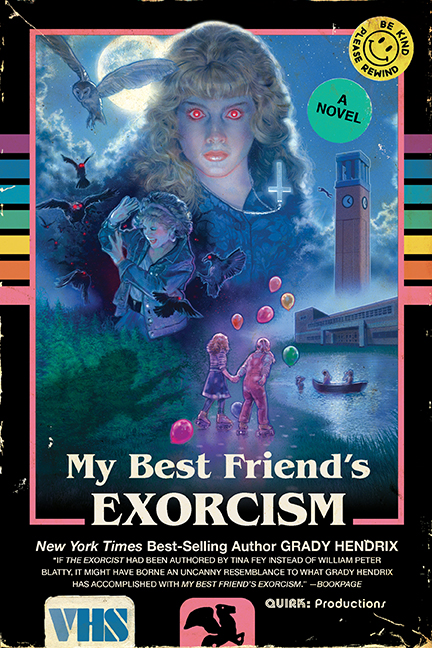Our Blog
President’s Day: Celebrating Fictional Presidents Who Saved The Day
In our darkest hours, it is comforting to know that the leaders of our country are doing everything they can to save us, whether it’s fighting off an alien invasion or trying to prevent a giant asteroid from obliterating us all. Here are some of our favorite fictional presidents who saved the day!
President Thomas J. Whitmore – Independence Day: Yes, many cities around the world were destroyed and countless lives were lost, but when it came down to it, we were fortunate that the President of the United States happened to be a decorated fighter pilot.
President Whitmore did his best at stopping the alien invasion from a cockpit, but his rousing speech before the massive assault on the motherships will never be forgotten.
President James Marshall – Air Force One: When Air Force One was hijacked by Russian terrorists, President Marshall didn’t run to protect himself. He used the emergency escape pod as a diversion, hiding on the plane so he could take it back from the bad guys, including a double-crossing Secret Service agent.
In the end, he saved his family and democracy, telling the Soviets, “GET OFF MY PLANE!”
President Tom Beck – Deep Impact: 1998 was a year that sharply divided America. Were you a fan of Deep Impact or Armageddon? You can’t like both, ok!
While Armageddon grossed more at the box office and spawned a terrible Aerosmith song, Deep Impact was more scientifically accurate and also had Morgan Freeman as President Beck, so choose your side wisely.
President David Palmer – 24: The presidents of the 24 universe faced disasters and adversity constantly, only to be helped or taken down by Jack Bauer. Out of all them, there is no president who was more respected by Bauer than David Palmer, who had to deal with threats of nuclear and biological weapons during his presidency.
President Palmer was shown to be a strong leader, but perhaps his greatest strength was putting his trust in Jack when no one else did.
—
Are there any presidential heroes that you love but we left off our list? Let us know in the comments!
—
Brian Morell is an awesome librarian from New York City. He writes about his travels and life at That Long Yellow Line and about music for The Ruckus. Follow him on Twitter @goodinthestacks.
Posted by Brian Morell
Six Literary Alternatives to the Elf on a Shelf
You probably know about “The Elf on a Shelf,” a toy that parents can use to convince kids that a creepy elf is watching their every move. Which is basically the plot of George Orwell’s 1984, right? So we wondered…what other forms of Thing-on-a-Thing-based holiday behavior modification could be taken from classic and contemporary literature? The possiblities are endless… or at least six.
Posted by Rick Chillot
French 101: The Best Books for Bastille Day
Image by MustangJoe from Pixabay
This Bastille Day, let’s raise a glass of fine (French) wine to some of the most influential French writers of the 20th century. Their thoughts and words helped to shape storytelling, invent new, mystical places, and highlight the hardships of the human condition. These authors have spun tales of fantasy, adventure, and existentialism—and we love them for it. So grab a bottle, relax on a chaise longue, and crack open a book by one of these literary masters. Vive la France!
Posted by Christopher Urie
The Limerick: A Brief History
One of the first limericks known to man. Note the obscenity in line two.
Sunday, May 12, is National Limerick Day, an event traditionally celebrated by dressing like Edward Lear and rhyming things with Nantucket. But for all the hallowed tradition surrounding this beloved poetic form, most of us know precious little about the limerick and how it became such a popular from of rhymery. So this weekend, while you’re out mailing limerick cards and singing limerick carols and visiting the nuclear power plant in Limerick, PA, take a moment to ponder the storied history of this simple but profound method of expressing life’s truths.
Posted by Rick Chillot
Game-of-Thrones-ify Your Name with the Power of Palaeography!
Admit it: you wish your name were more interesting. A rose by any other name might smell as sweet, but a Daenerys just wouldn’t sound as awesome if she were a Dana (no offense, of course, to the Danas of the world—I’m sure you’re all lovely people).
Westerosians get names full of weird letters and strange spellings, but we normals are saddled with names that are…kinda boring. Luckily, English has a vast, rich, and totally weird history of being spelled completely differently, once upon a time. Forget your first pet’s name or the name of the street where you grew up—all you need to spiff up your moniker are a few forgotten graphemes. Swap out the appropriate sounds in your name for their ancient equivalent and you’ll be mistaken for an Enya album in no time.
Posted by Blair Thornburgh
Five Fabulous Museums Dedicated To Books
Who doesn’t love a good museum? In Philadelphia, where Quirk is located, we have a ton of ’em. Rocky even ran up the steps of one. We’re also proud to be the home of the Rosenbach Museum and Library, an incredible place full of rare texts. And that’s not the only museum that’s all books all the time. Here are some more.
Rosenbach Museum (Philadelphia, PA): The Rosenbach Museum and Library was founded in 1954 and is home to the collections of Philip Rosenbach and his younger brother A. S. W. Rosenbach. The museum currently boasts an exhibit on the illustrations of Maurice Sendak, offering a glimpse at three picture books by the Wild Things artist. Beginning May 30th, the museum will display an exhibit titled “Who Owns Ulysses? Joyce and Copyright.” If you can’t make it out to Philadelphia, the Rosenbach’s website alone is worth a visit. Past exhibits on Abe Lincoln, the Civil War, and the history of neckwear are archived and can be explored virtually.
Folger Shakespeare Library (Washington, DC): Founded in 1932, the Folger Shakespeare Library is a world-class research center and prides itself in being the premiere center for Shakespeare studies outside of England. The library is also home to the Folger Theatre, producing three plays a year.
An exhibit titled “Shakespeare’s Sisters: Voices of English and European Women Writers 1500-1700” is currently on display as part of the museum’s celebration of women writers. Visitors can also view one of Shakespeare’s First Folios, which is permanently on display. The Folger owns 82 copies of the First Folio, approximately one-third of those believed to still be in existence.
Posted by Danielle Mohlman




